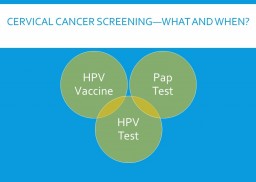
A Chat with Dr. Whitehead–for Birmingham Girls!
Brookwood Women’s Services is again offering this excellent program (Saturday May 4th, 9 AM), and Dr. Whitehead is looking forward to participating. Click here to find registration information.
From my childhood in Botswana (my parents were missionaries), I am deeply aware of the difference reproductive-health information can make in the lives of women and girls. The HIV/AIDS epidemic devastated Botswana. Women, particularly young women ages 15 to 24, are still suffering in greater numbers than men, and progress has stalled. The fact of their limited opportunity, especially in education, makes them vulnerable. Nearly half of them cannot…



